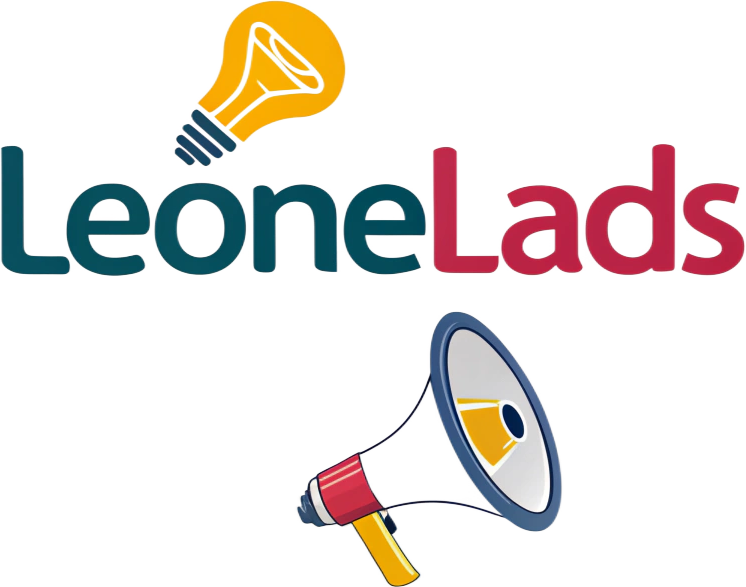Unlocking the Power of Pay-Per-Click Advertising: A Smart Investment for Every Business
In the vast landscape of digital marketing, Pay-Per-Click (PPC) advertising stands out as a dynamic tool that can transform a business’s online presence. If you’ve ever scrolled through search engine results and noticed ads at the top, you’ve encountered PPC in action. But what exactly is it, and why should you consider it for your marketing strategy?
PPC is a model of online marketing where advertisers pay a fee each time their ad is clicked. Unlike traditional advertising, where you might pay for a billboard that may or may not be seen, PPC gives you direct, measurable results. This model is not only cost-effective but also allows businesses to control their budgets with precision.
**Understanding the Mechanics**
The beauty of PPC lies in its simplicity. You select keywords relevant to your business, create compelling ads, and bid on those keywords. When someone searches for your chosen terms, your ad may appear in the sponsored section of the search results. If a user clicks on your ad, you pay a predetermined amount, hence ‘pay-per-click’. This model means you only pay for actual engagement, making it a smart choice for budget-conscious marketers.
**Budget-Friendly Options**
For small businesses or startups with limited marketing budgets, PPC can be an attractive option. You don’t need to break the bank to get started. Many platforms, like Google Ads and Bing Ads, allow you to set daily or monthly spending limits. This means you can run effective campaigns without the fear of overspending. Start small, test different keywords, and gradually increase your investment as you see positive results. This iterative approach allows you to hone in on what works best for your audience without financial strain.
**Luxury vs. Affordable Choices**
In the realm of PPC, there’s a common misconception that only larger businesses can afford to run successful campaigns. However, PPC can be tailored to suit both luxury brands and budget-friendly businesses alike. Luxury brands might focus on high-value keywords and sophisticated ad designs that convey exclusivity, while affordable brands can emphasize value and practicality. Both strategies can be effective; the key lies in understanding your target audience and crafting your message accordingly.
**Eco-Friendly Alternatives**
As more consumers become environmentally conscious, businesses are exploring how to align their marketing strategies with eco-friendly practices. PPC can actually support green initiatives by promoting sustainable products and services. For example, you could create ad campaigns that highlight your eco-friendly offerings or share your brand’s commitment to sustainability. This not only attracts environmentally conscious customers but also positions your brand as a responsible player in the market.
**DIY Approaches**
Many business owners might shy away from PPC due to perceived complexity, but a DIY approach can be both educational and rewarding. With various online resources, tutorials, and tools available, you can set up and manage your own PPC campaigns. Platforms like Google Ads provide user-friendly interfaces and step-by-step guidance. By taking the reins, you not only save on management costs but also gain valuable insights into your customer’s behavior and preferences.
**Unconventional Uses of PPC**
While PPC is often associated with direct sales and lead generation, its uses extend far beyond that. Consider using PPC for brand awareness campaigns, where the goal isn’t just immediate clicks but rather to increase visibility and engagement. This could involve targeting audiences with ads that lead to informative content or brand storytelling. Another unconventional use is retargeting, where you show ads to users who have previously visited your site, keeping your brand top-of-mind even after they leave.
**Psychological Impacts**
The psychology behind PPC advertising is fascinating. It leverages urgency and curiosity, often leading to higher click-through rates. Using action-oriented language in your ads can prompt immediate responses from users. Phrases like ‘limited time offer’ or ‘exclusive deal’ tap into a fear of missing out (FOMO), encouraging clicks. Moreover, by showcasing social proof—like customer testimonials or reviews—you can build trust and persuade users to take action.
**Emerging Trends**
As digital marketing evolves, so does PPC. Staying ahead of trends can give you a competitive edge. For instance, voice search is on the rise, and optimizing your PPC campaigns for voice queries can help capture this growing audience. Additionally, leveraging artificial intelligence in PPC management can enhance targeting and ad optimization, leading to better performance and ROI.
In conclusion, PPC advertising is a versatile and powerful tool for businesses of all sizes. By understanding its mechanics and employing strategic approaches, you can unlock its potential to drive traffic, generate leads, and ultimately, grow your business. So, whether you’re a seasoned marketer or a small business owner dipping your toes into the world of online advertising, PPC is worth exploring.

